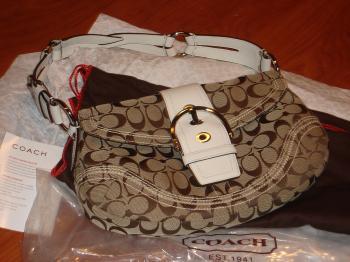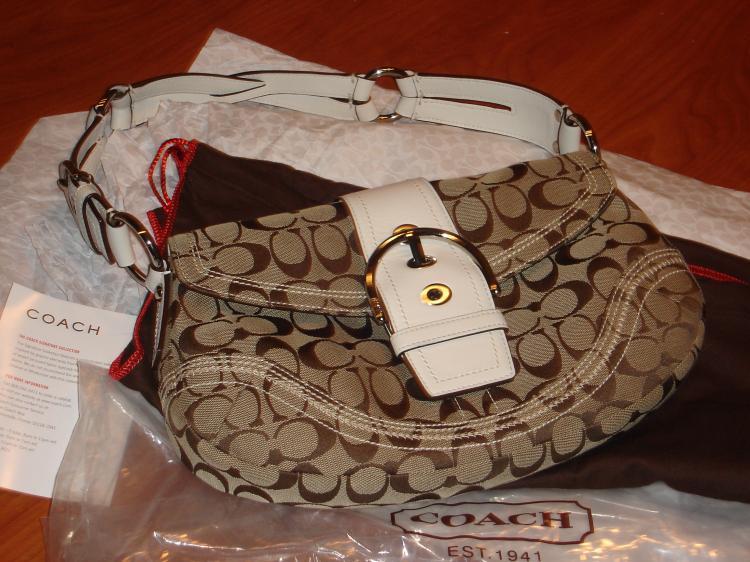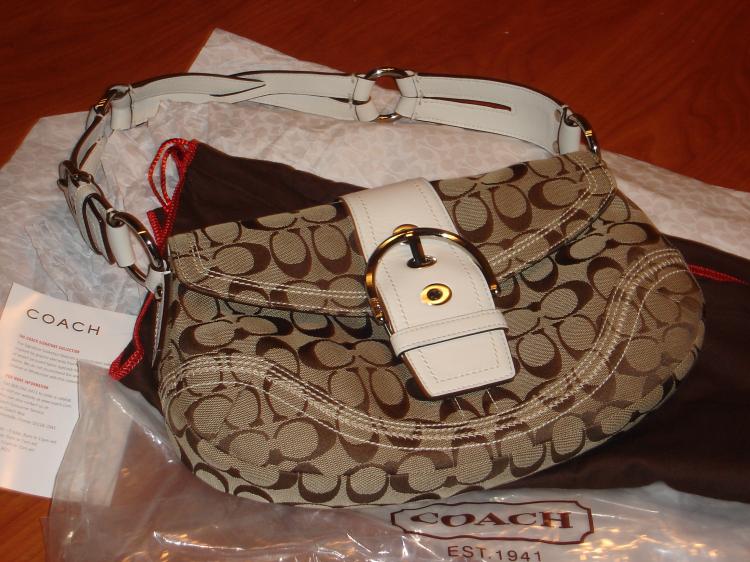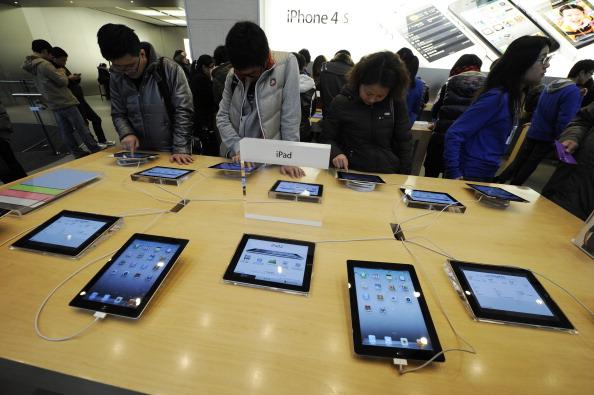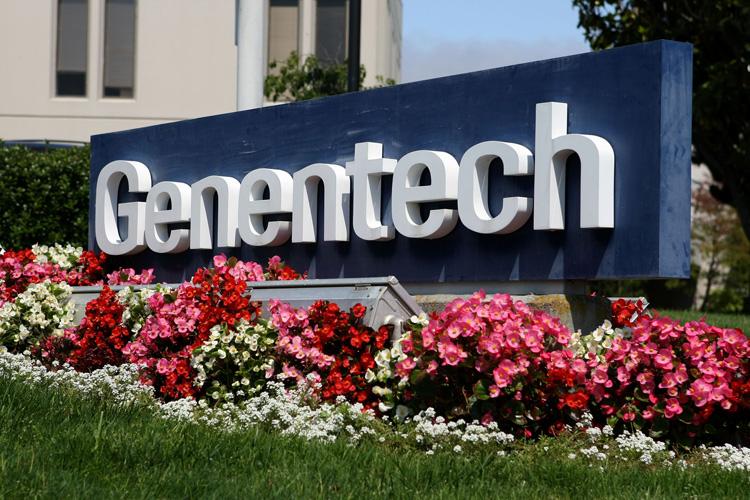Coach Inc., the high-end leather handbag manufacturer, recently took the City of Chicago to court, due to knockoff products being available for sale at the New Maxwell Street Market, an open-air flea market.
The New York-based company filed a federal lawsuit in the U.S. District Court in Chicago in late May, after investigating the market in August 2009 and witnessing more than 300 vendors selling “counterfeit Coach products in plain view,” according to Reuters. This initiative was part of “Operations Turnclock,” a nationwide program aimed at targeting companies or individuals with civil litigation who are trading or selling knockoff Coach products. The Chicago case is the only precedent that involves a municipality.
Two weeks later, in conjunction with the Chicago police, an investigator revisited the infamous flea market now located near the West Side Desplaines. There was a counterfeit $18 “Coach” handbag purchased from one booth and a fake $24 “Chanel” handbag from another booth, the lawsuit said. Both vendors were arrested and 351 fake Coach products were identified at their stalls, the lawsuit said.
The largest U.S. maker of luxury leather handbags claimed that Chicago has not followed protocol to cease the illegitimate sales, which have continued into 2010. Allegedly, the cease-and-desist notice to the city in December 2009 stated Chicago’s responsibility “to compel its cooperation in ending the infringing conduct.”
The lawsuit requests a federal injunction that also includes the defendants from selling the fake Coach items and claims that the company has experienced “irreparable injury.” Coach is demanding that all fake products be turned over to the company. The luxury brand is seeking $2 million in damages per counterfeit item located at the market, including punitive damages, and a ruling to ban further improper sales.
Joseph Gioconda, an attorney who is an expert on intellectual property and anti-counterfeit cases, said Coach is taking advantage of the “landlord liability doctrine” that puts the onus of the accountability on the owner of the premises where the counterfeit activity is supposed to have taken place, rather than on an individual vendor. Coach has taken legal action with other flea markets and other retail operators as part of its “Operation Turnclock.”
“Chasing down the end person, the person actually selling the fake good, is often impossible,” said Gioconda, founder of Gioconda Law Group LLC. “We go after the person who is next in the food chain, who has a direct interest in getting a benefit from renting space to the vendors. In this case, what makes this interesting is it’s the first time I’m seeing the doctrine applied to a government.”
Luxury companies are opting to turn to the legal channel to guard its trademarks in attempt to prevent counterfeiting which is detrimental to its reputation and erodes its commercial integrity. Another marked example of litigation is the most visited U.S. e-commerce site—eBay Inc.—which was found guilty in a Paris tribunal of misleading consumers by taking advantage of redirecting Internet traffic with typos associated with Moet Hennessy Louis Vuitton (LVMH) products.
In March, Coach also pursued Kmart Corp., a unit of Sears Holdings Corp., for selling luggage and satchel bags that infringed its trademarks. That lawsuit was filed in a federal court in Manhattan.
Net sales for Coach totaled $3.23 billion in its last fiscal year.
The New York-based company filed a federal lawsuit in the U.S. District Court in Chicago in late May, after investigating the market in August 2009 and witnessing more than 300 vendors selling “counterfeit Coach products in plain view,” according to Reuters. This initiative was part of “Operations Turnclock,” a nationwide program aimed at targeting companies or individuals with civil litigation who are trading or selling knockoff Coach products. The Chicago case is the only precedent that involves a municipality.
Two weeks later, in conjunction with the Chicago police, an investigator revisited the infamous flea market now located near the West Side Desplaines. There was a counterfeit $18 “Coach” handbag purchased from one booth and a fake $24 “Chanel” handbag from another booth, the lawsuit said. Both vendors were arrested and 351 fake Coach products were identified at their stalls, the lawsuit said.
The largest U.S. maker of luxury leather handbags claimed that Chicago has not followed protocol to cease the illegitimate sales, which have continued into 2010. Allegedly, the cease-and-desist notice to the city in December 2009 stated Chicago’s responsibility “to compel its cooperation in ending the infringing conduct.”
The lawsuit requests a federal injunction that also includes the defendants from selling the fake Coach items and claims that the company has experienced “irreparable injury.” Coach is demanding that all fake products be turned over to the company. The luxury brand is seeking $2 million in damages per counterfeit item located at the market, including punitive damages, and a ruling to ban further improper sales.
Joseph Gioconda, an attorney who is an expert on intellectual property and anti-counterfeit cases, said Coach is taking advantage of the “landlord liability doctrine” that puts the onus of the accountability on the owner of the premises where the counterfeit activity is supposed to have taken place, rather than on an individual vendor. Coach has taken legal action with other flea markets and other retail operators as part of its “Operation Turnclock.”
“Chasing down the end person, the person actually selling the fake good, is often impossible,” said Gioconda, founder of Gioconda Law Group LLC. “We go after the person who is next in the food chain, who has a direct interest in getting a benefit from renting space to the vendors. In this case, what makes this interesting is it’s the first time I’m seeing the doctrine applied to a government.”
Luxury companies are opting to turn to the legal channel to guard its trademarks in attempt to prevent counterfeiting which is detrimental to its reputation and erodes its commercial integrity. Another marked example of litigation is the most visited U.S. e-commerce site—eBay Inc.—which was found guilty in a Paris tribunal of misleading consumers by taking advantage of redirecting Internet traffic with typos associated with Moet Hennessy Louis Vuitton (LVMH) products.
In March, Coach also pursued Kmart Corp., a unit of Sears Holdings Corp., for selling luggage and satchel bags that infringed its trademarks. That lawsuit was filed in a federal court in Manhattan.
Net sales for Coach totaled $3.23 billion in its last fiscal year.
